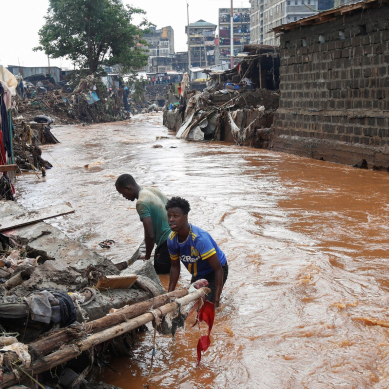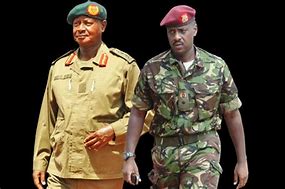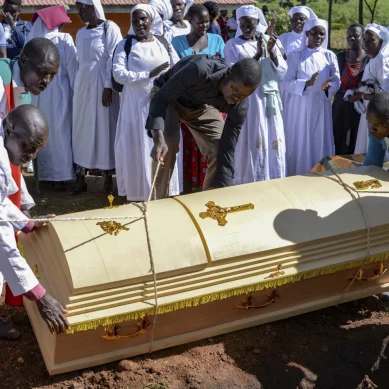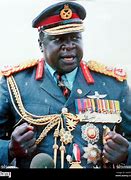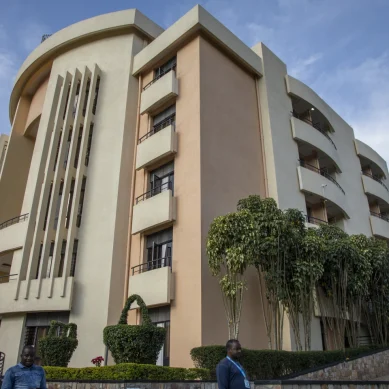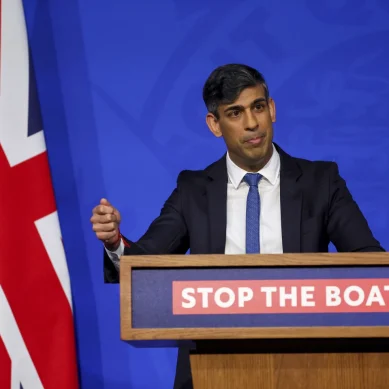Flooding kills 155 people in Tanzania as torrential rains pound Eastern Africa as weathermen forecast more
Prime Minister Kassim Majaliwa told parliament that the El Niño climate pattern has worsened the ongoing rainy season, causing the flooding and destroying roads, bridges and railways. Flooded schools have been closed and emergency services have rescued people marooned by the flood waters.
Kenyan military deployed to flood ravage regions as East Africa reels under fury of Mother Nature
In neighbouring Tanzania, the death toll from the rains has reached 155, Prime Minister Kassim Majaliwa told parliament on Thursday. Hundreds of thousands have had to flee their homes in Burundi. East Africa was hit by record floods during the last rainy season in late 2023. Scientists say climate change is causing more intense and frequent extreme weather events.
Why Museveni created non-opposition for ethnicising politics and politicising ethnicity in Uganda
It should be remembered that during the burial or Professor Adoniya Tiberondwa, a UPC stalwart, at his home in Bushenyi, General Kahinda Otafiire told mourners who dressed in UPC colours that as combatants, they would wear the red T-shirts and then go on the rampage. At other times, they would wear the uniform of the UNLA, which they had in plenty, since the majority had just walked out of the UNLA. This way the population would be easily hoodwinked to believe that it was UPC youth wingers killing people.
Malaria remains leading killer in Kenya, but prospect of local vaccine production offers hope for patients
Kenya had an estimated five million malaria cases and over 12,000 deaths reported in 2022, according to the World Health Organization. Most of those affected are children under 5 and pregnant women. Kenya continues to combat malaria with traditional methods such as distributing bed nets that are treated with insecticides, spraying breeding areas and promoting prompt diagnosis and treatment, but experts say progress against the disease with those approaches has plateaued.
How political impunity failed justice-building in governance for inclusive development in Uganda
With the passage of time, President Tibuhaburwa Museveni has tended to appoint members of his family and ethnic group to high-ranking offices, which has introduced a high degree of political and other injustices, political careerism, political impunity, political hereditarism and political corruption, hence exclusionism in leadership and governance of the country. The latest, which did not come as a surprise, was the appointment of his son, General Muhoozi Kainerugaba, as the Chief of Defence Forces of the Uganda Peoples Defence Forces (UDPDF). This is the most glaring show of political and military impunity of the president of Uganda
Rwanda readies hostel that once housed genocide survivors to host migrants from Britain
British Prime Minister Rishi Sunak has pledged the deportation flights would begin in July but has refused to provide details or say about how many people would be deported.
British prime minister faces searing criticism by human rights groups after parliament passes deportation law
Michael O’Flaherty, the Council of Europe’s commissioner for human rights, criticised the legislation for preventing asylum-seekers from asking the courts to intervene when they are they are threatened with being sent back to the countries they are fleeing.
World Bank suspends $150m funding for Tanzania tourism project citing extrajudicial killings, sexual abuse in parks
At least $100 million has already been disbursed for the project, which started in 2017. The suspension of World Bank financing took effect April 18. The Oakland Institute, a California-based rights watchdog whose work focuses on marginalized communities, for years led calls for the World Bank to stop funding the project known by the acronym REGROW, documenting serious rights abuses suffered by Indigenous communities in the area.
Climate rage: Weather wreaks havoc across East Africa with Burundi particularly hit hard
Between September and April 7, some 203,944 people were affected by flooding, with 19,250 homes and 209 classrooms destroyed. The number of people internally displaced by flooding rose by 25 per cent, reaching over 98,000, according to Violet Kenyana Kakyomya, the UN resident coordinator in Burundi.
New law: UK Parliament finally gives PM Sunak nod to deport asylum seekers to Rwanda
The government plans to deport to Rwanda some of those who enter the United Kingdom illegally as a deterrent to migrants who risk their lives in leaky, inflatable boats in hopes that they will be able to claim asylum once they reach Britain.





